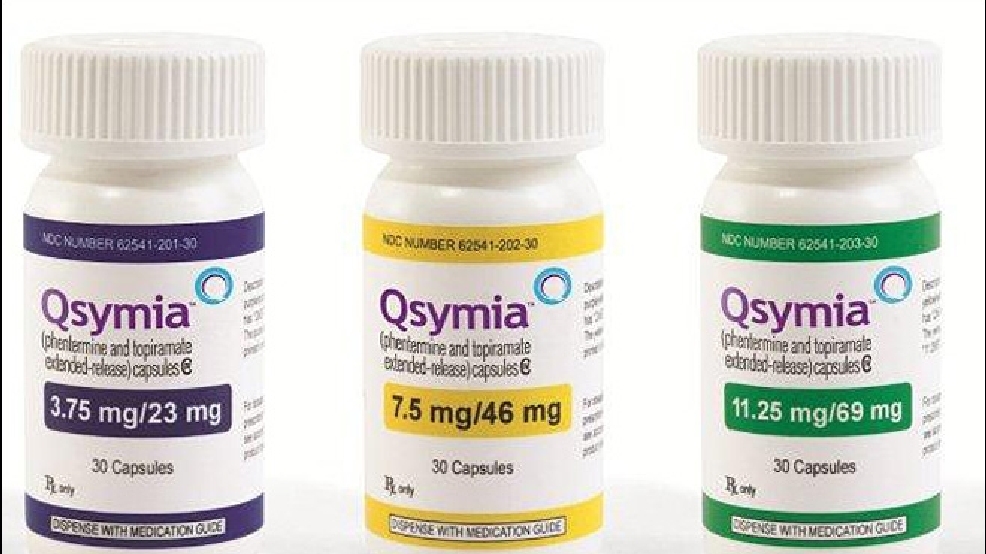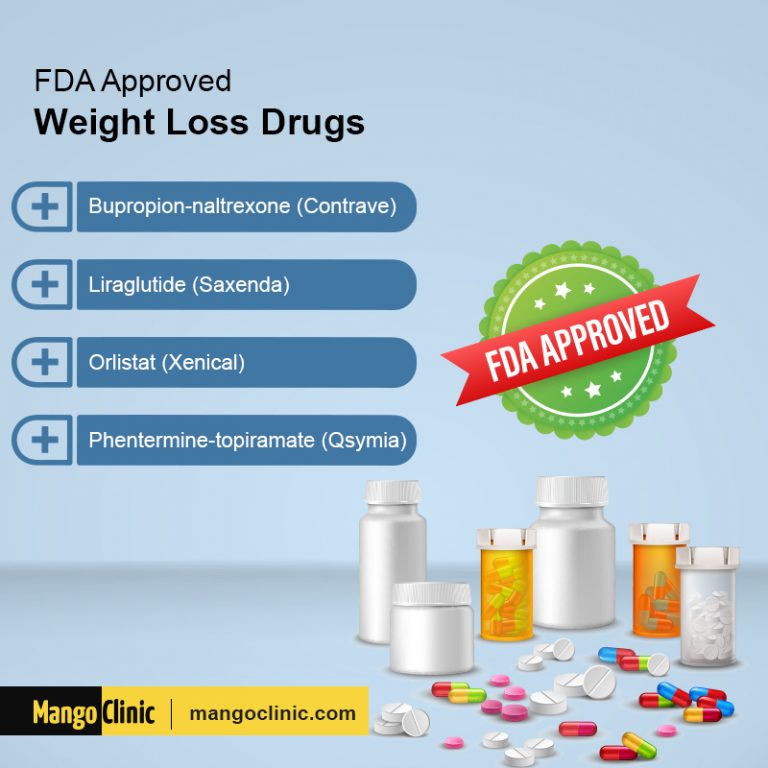The world of weight loss drugs continues to evolve, with new options emerging to help individuals achieve their fitness goals more effectively in 2024. This guide provides an overview of the best weight loss solutions available, evaluating their efficacy, safety, and potential side effects. With the increasing prevalence of obesity, numerous pharmaceutical companies are investing in research to develop medications that not only help in losing weight but also promote overall health. Many of these drugs target various mechanisms within the body, such as appetite suppression, fat absorption reduction, and metabolism enhancement. This comprehensive exploration highlights crucial considerations for anyone considering using these drugs, including the importance of consultation with healthcare professionals and the need for a sustainable weight loss plan that integrates diet and exercise. Furthermore, alongside traditional options, the guide examines emerging trends like natural weight loss supplements and lifestyle changes that complement pharmaceutical interventions. As you delve further into the guide, you will find an in-depth analysis of each drug’s performance and a comparison of their effectiveness to help you make informed decisions about your weight loss journey.

weight loss drug
Top FDA-Approved Weight Loss Drugs: Efficacy and Safety
The FDA-approved weight loss medications have revolutionized the approach to obesity treatment, providing various options catering to different needs. These medications are designed to aid individuals struggling with weight loss, particularly when lifestyle changes alone are insufficient.
One of the most popular medications is phentermine-topiramate, which combines appetite suppression with a mechanism that promotes feeling full. Known to help reduce an average of 5-10% of body weight, this drug is often recommended for patients with a BMI over 30 or over 27 with weight-related health issues. However, side effects can include dry mouth, insomnia, and increased heart rate, making it essential to consult healthcare providers.
Another noteworthy medication is semaglutide, originally developed for type 2 diabetes but later approved for weight management. Clinical trials show that patients can lose an impressive 15-20% of their body weight with this drug. The primary action is through delayed gastric emptying and increased satiety, which helps curb overeating. Yet, it may induce gastrointestinal side effects such as nausea and diarrhea.
The naltrexone-bupropion combination is also FDA-approved for weight loss, targeting areas of the brain that regulate appetite. This treatment aims at individuals with a BMI over 30 or over 27 with comorbidities. Patients should be aware of potential risks, including seizures in susceptible individuals and feelings of anxiety.
It’s crucial for individuals considering these weight loss medications to discuss their medical history with healthcare providers who can assess suitability, effectiveness, and potential side effects to ensure safe usage. Each medication serves different profiles and body types, making personalized consultation vital.

weight loss drug
Weight Loss Supplements vs. Prescription Drugs: What’s Right for You?
When it comes to weight loss, individuals often face the dilemma of choosing between over-the-counter weight loss supplements and prescription drugs. Understanding the distinctions between these two options is crucial for making an informed decision regarding your health and fitness journey.
Weight loss supplements are generally available without a prescription and can include a range of products, such as fat burners, appetite suppressants, and metabolism boosters. These supplements often claim to support weight loss efforts through natural ingredients like green tea extract, caffeine, or garcinia cambogia. However, their effectiveness can vary considerably among different individuals, and not all supplements are backed by scientific evidence. Additionally, the regulation of these products can be less stringent, leading to variability in quality.
On the other hand, prescription drugs for weight loss are typically recommended by healthcare professionals and are intended for individuals with significant health risks related to obesity. Common prescription medications include orlistat, phentermine, and lorcaserin, which have undergone rigorous testing in clinical trials, proving their efficacy and safety for long-term use. These drugs work by altering physiological mechanisms in the body, such as suppressing appetite or inhibiting fat absorption. However, they may come with side effects and require close monitoring by healthcare providers.
When deciding between weight loss supplements and prescription drugs, it’s vital to consider your personal health needs, potential side effects, and weight loss goals. Consulting with a healthcare provider can help clarify the best course of action for your specific circumstances. Understanding the pros and cons of both options can empower you to make choices that align with your overall health and lifestyle objectives.

weight loss drug
Personalized Weight Loss Solutions: Tailoring Drug Choices to Individual Needs
In the realm of weight loss treatments, it is crucial to adopt personalized approaches that cater to the unique needs and conditions of each individual. Traditional weight loss methods often fail because they do not consider the diverse factors influencing a person’s ability to lose weight, such as genetics, metabolism, and psychological aspects. This is where personalized weight loss solutions come into play, offering a more effective avenue for successful outcomes.
Consultations with healthcare providers are a vital component in developing these tailored treatments. Professionals can assess an individual’s medical history, lifestyle, and specific challenges related to weight loss. By understanding these aspects, healthcare providers can recommend appropriate medications, diets, and exercise regimens that are more likely to resonate with the patient. The integration of a personalized plan fosters not only better compliance but also enhances motivation and accountability.
For example, weight loss medications can be incredibly effective, but they must be chosen based on individual health profiles. A person with a history of cardiovascular issues may require a different treatment option compared to someone dealing with insulin resistance. Here is a simplified table illustrating some personalized drug choices:
| Condition | Recommended Medication |
|---|---|
| Obesity | Orlistat |
| Type 2 Diabetes | Metformin |
| High Blood Pressure | Phentermine |
Through these collaborative efforts between patients and healthcare providers, personalized weight loss solutions can significantly increase the probability of achieving sustainable results.
Integrating Lifestyle Changes with Weight Loss Medications: Maximizing Results
In 2024, the pursuit of effective weight loss strategies can be greatly enhanced by the intelligent integration of weight loss medications and healthy lifestyle changes. To embark on this journey, it’s essential to understand that while medications can aid in reducing appetite and improving metabolism, they work best in conjunction with a balanced diet and regular physical activity.
Dietary adjustments play a crucial role in maximizing the effectiveness of weight loss drugs. Incorporating more whole foods such as fruits, vegetables, and lean proteins can complement the effects of medication. Additionally, practicing portion control and mindful eating can lead to more sustainable weight management. For instance, a diet rich in fiber and protein can help increase satiety and reduce cravings, ultimately aiding in weight loss.
In tandem with dietary changes, engaging in regular exercise is vital. A combination of aerobic exercises and strength training can accelerate fat loss and improve overall health. Setting realistic fitness goals and gradually increasing activity levels can create a positive feedback loop, encouraging patients to stay motivated and consistent.
Moreover, incorporating behavioral strategies, such as stress management and adequate sleep, can enhance the success of weight loss efforts. Stress can lead to emotional eating, which undermines weight loss efforts; thus, finding healthy coping mechanisms is essential. Prioritizing sleep also plays a significant role in hormone regulation, influencing hunger and metabolism.
Ultimately, the synergy between lifestyle modifications and weight loss pharmaceutical options can significantly enhance the success of weight management plans. Customizing these approaches to fit individual needs and lifestyles is key to achieving long-term success.

weight loss drug
The Future of Weight Loss Drugs: Emerging Trends and Innovations
The landscape of weight loss medications is rapidly evolving, driven by innovative research and new discoveries. Recent studies have highlighted the potential of novel pharmaceutical interventions for obesity that target unique metabolic pathways. These advancements are paving the way for safer and more effective anti-obesity drugs, which are crucial in tackling the global obesity crisis.
One significant trend is the development of GLP-1 receptor agonists, which mimic the hormone glucagon-like peptide-1 to enhance satiety and promote weight loss. Drugs like semaglutide have shown promising results in clinical trials, with patients experiencing significant weight reduction. This class of medications is likely to shape the future of medications for weight management.
Additionally, researchers are investigating combination therapies that merge existing drugs to maximize weight loss efficacy while minimizing side effects. This approach provides a personalized strategy in managing obesity. The focus on personalized medicine reflects a shift towards more tailored treatment plans that consider individual metabolic profiles, making weight loss more attainable for diverse populations.
Emerging innovations also include appetite suppressants that target neurotransmitters in the brain, potentially reducing cravings and promoting healthier eating habits. Furthermore, the rise of non-invasive techniques and digital therapeutics is transforming the way obesity is managed, providing patients with tools to support their weight loss journey.
As research progresses, the role of dietary supplements and their integration with conventional medications also forms an exciting area of exploration. The comprehensive development of next-generation weight loss drugs is anticipated to revolutionize the obesity treatment landscape, offering hope to millions seeking effective solutions for sustainable weight management.
Managing Expectations: What You Need to Know Before Starting Weight Loss Medications
Before beginning your journey with weight loss medications, it’s essential to have a clear understanding of what to expect regarding results and timelines. These medications can be effective tools in aiding weight loss, but they are not magic solutions. Realistic expectations about the outcomes are crucial for maintaining motivation and mental clarity throughout the process.
Typically, individuals may notice gradual weight loss, often losing around 5% to 10% of their body weight within the first few months. This timeline can vary significantly based on several factors, including metabolism, adherence to a healthy diet, and a consistent exercise routine. It’s important to remember that successful weight loss often entails overcoming weight loss plateaus, which are common as the body adjusts to changes.
Moreover, the effectiveness of prescription weight loss medications can be influenced by lifestyle modifications, such as diet and physical activity levels. Integrating a balanced diet and regular exercise is essential, as these factors complement the pharmacological approach. This multifaceted strategy not only enhances weight loss results but also contributes to overall well-being.
Some individuals may experience side effects, which can affect their overall treatment adherence. Discussing potential side effects with a healthcare provider is crucial in managing these concerns effectively. Setting both short-term and long-term goals can help maintain motivation. Regular check-ins with a healthcare professional can aid in adjusting the treatment plan if required.
Understanding the role of weight loss medication in conjunction with lifestyle changes empowers individuals to make informed decisions. Taking a proactive approach to one’s health is key to achieving lasting success.
Expert Insights on Weight Loss Drugs: Interviews with Healthcare Professionals
In recent years, the landscape of weight loss medications has evolved significantly, prompting healthcare professionals to weigh in on their efficacy and safety. Nutritional experts emphasize that while weight loss drugs can aid some individuals, they should be integrated into a broader weight management strategy that includes lifestyle modifications. Interviews with leading doctors reveal a consensus on the importance of evaluating each patient’s unique health profile before prescribing these medications.
For instance, obesity specialists highlight that medications can be beneficial for patients who struggle with severe obesity or have related health issues. However, experts caution against relying solely on drugs, advocating instead for a comprehensive approach that incorporates dietary changes, regular physical activity, and behavioral therapies. Furthermore, clinical psychologists emphasize the psychological factors associated with obesity, suggesting that a multidisciplinary approach is often the most effective for sustained weight loss.
Meanwhile, recent studies cited by healthcare professionals reveal increased interest in new-generation weight loss medications, which may offer fewer side effects compared to older options. This has sparked discussions about their long-term safety and potential impacts on metabolic health. As such, patient education becomes paramount, ensuring individuals understand the risks and benefits associated with these treatments.
In essence, insights from healthcare providers underline the necessity of a personalized weight loss plan that considers a patient’s physical and emotional well-being. Balancing medication with lifestyle interventions can create a sustainable path toward health optimization in the context of weight management.
